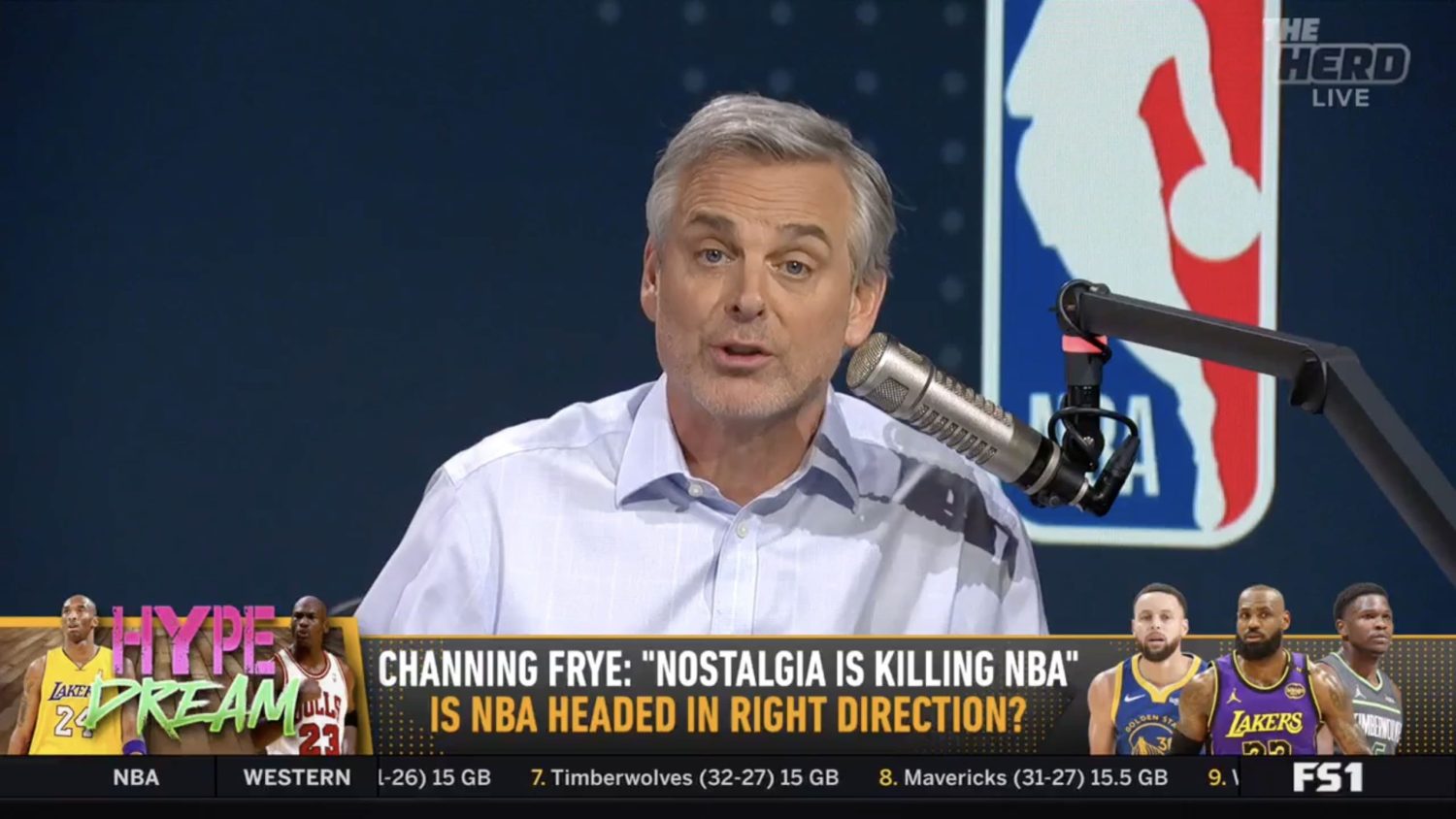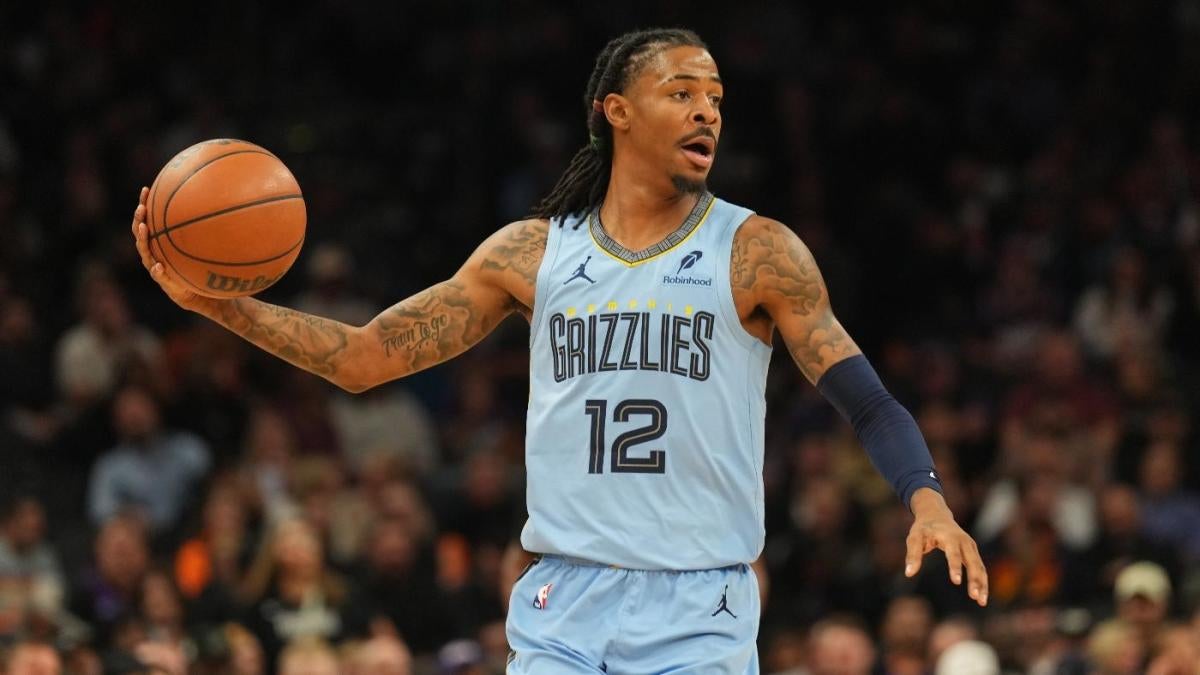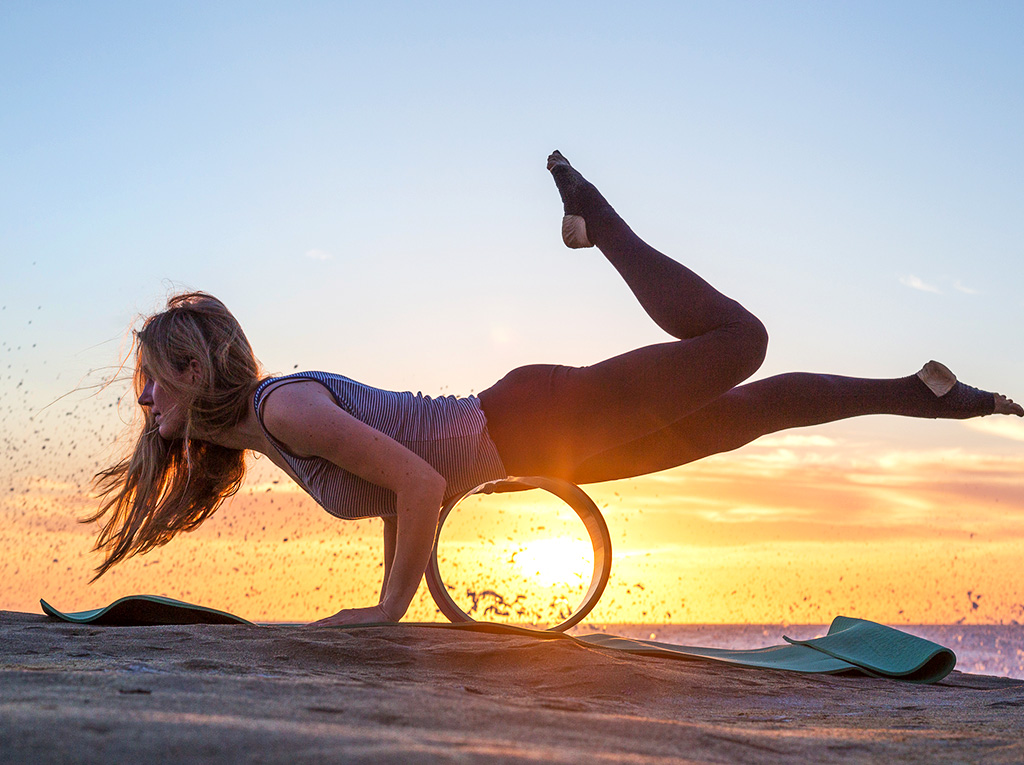Nuggets Journal: To celebrate Paris Olympics, here’s a 15-man NBA roster of different nationalities

This year is supposed to be the start of a golden era for Olympic basketball, with competition more robust than ever and a not-so-distant future in sight where it’s no longer a foregone conclusion that Team USA wins gold.
For now, that presumption persists, with another American superteam of cross-generational Hall of Famers gearing up for the 2024 Paris Olympics. But at the very minimum, it should be more fun than usual to watch their path to the championship. International growth for the sport has been exponential. Several of the NBA’s best players are suiting up for other countries this summer, including Nikola Jokic for Serbia.
Speaking of which: The Nuggets’ locker room is gradually transforming into an Olympic Village right now. Jamal Murray is set to be a first-time Olympian, and the team recently announced the signing of free agent Dario Saric. With DeAndre Jordan likely to return on a new contract, the roster is about to feature five players who have been Olympians for five different countries. (Make that six Olympians covering each of the last four Summer Olympics if Russell Westbrook comes to Denver this offseason.)
(Can’t see chart on mobile? Click here.)
| Player | National team | Olympic stats |
|---|---|---|
| Nikola Jokic | Serbia; 2016 (silver), 2024 | 9.1 PPG, 6.0 RPG, 2.4 APG, 50%/30%/76%+ |
| Jamal Murray | Canada, 2024 | N/A |
| Vlatko Cancar | Slovenia, 2021 | 12.3 PPG, 4.3 RPG, 0.8 APG, 58%/48%/93% |
| Dario Saric | Croatia, 2016 | 11.8 PPG, 6.7 RPG, 3.2 APG, 43%/26%/59% |
| DeAndre Jordan* | U.S., 2016 (gold) | 7.4 PPG, 6.1 RPG, 0.8 APG, 74%/0%/41% |
| Russell Westbrook* | U.S., 2012 (gold) | 8.5 PPG, 1.6 RPG, 1.6 APG, 48%/33%/71% |
*Has not signed with the Nuggets at this time | + Shooting splits: FG%/3PT%/FT%
This got The Denver Post braintrust (me) wondering: What is the best possible 15-man basketball roster that can be formed today using 15 different nationalities?
Only one player per country is allowed on this All-World Team. To keep this simple, if a player has previously competed for any version of a country’s national team (senior, junior, etc.) or committed to playing for said national team in the future, that player is eligible to represent his chosen country. For example, Joel Embiid is a committed and active member of Team USA, so he can be used as the U.S. representative in this exercise, but not as the French or Cameroonian representative.
If a player has not publicly chosen a country to represent in international competition, the roster-building committee (me) will defer to his country of birth as designated by the NBA.
The All-World Team depth chart must consist of exactly three players at all five positions, making this not quite as simple as choosing the 15 best players from any 15 countries, in theory. In practice, positional liberties may or may not be taken.
Lastly, keep in mind this is a current roster, not a historical one. That’s a game for another time. Here’s what the roster-building committee came up with.
Starting lineup
PG: Luka Doncic, Slovenia
SG: Steph Curry, USA
SF: Lauri Markkanen, Finland
PF: Giannis Antetokounmpo, Greece
C: Nikola Jokic, Serbia
The obvious dilemma when finalizing our All-World roster was who would be the lone United States representative. At this snapshot in time, there’s a fair argument that Embiid and Jayson Tatum are the two best players on Team USA. But when one country has such a breadth of talent, you have to work backward. The U.S. is a mulligan. Choose the best player at whatever position is most needed. There is a massive surplus of international big men worthy of making this roster, so much so that the 7-foot Markkanen is our starting small forward. (That’s a fair designation for him, taking into account his skill set and his role with the Utah Jazz.)
There is no such surplus in the backcourt. So really, the choice between American superstars came down to Curry, Anthony Edwards and Devin Booker. I went with the most surefire 3-point threat who’s cemented as an all-time great yet still in his prime. Curry could play backup point guard as well, but he completes this lineup nicely with his ability to terrify opponents off-ball as much as he does with the rock in his hands. Good luck beating these five.
Second unit
PG: Shai Gilgeous-Alexander, Canada
SG: OG Anunoby, Great Britain*
SF: Pascal Siakam, Cameroon*
PF: Victor Wembanyama, France
C: Domantas Sabonis, Lithuania
Back in 2021, an ESPN report indicated Anunoby had been included on a preliminary Olympic roster for Nigeria, where he’s eligible to play because his family is from there. But days later, he was absent from the national team’s list of 46 players invited to try out at training camp, quickly ending his rumored but unofficial involvement with the Nigerian squad. (In an Andscape article written by Marc Spears before the ESPN report about the preliminary roster, Anunoby was not mentioned as a potential training camp appearance.) All that is to say Anunoby is a nuanced case. He hasn’t played for any national team at this point in his career, and he seemingly hasn’t chosen one either. So the London-born defensive stalwart is listed here as a British representative. If he does eventually play for Nigeria, though, his presence on this roster is still eligible.
Siakam has not suited up for his birthplace yet in an international competition, but he’s been quoted as wanting to play for Cameroon someday. Maybe he’s technically more of a stretch four, but he’s an elite enough perimeter player at both ends to approve his All-World Team categorization, the committee determined. And anyway, the remaining power forward spots on this roster are distinctly reserved for centers who can do other stuff. Wembanyama at the four is easy to justify: He’s already playing in double-big lineups alongside Rudy Gobert for his national team this summer, and only one of those guys is ball-handling on the perimeter and draining pull-up 3s. Jury’s out on how this lineup can effectively revolve around Sabonis, but that’s a problem to figure out later. For now, it’s just about maximizing the talent on the roster.
Reserves
PG: Josh Giddey, Australia
SG: Buddy Hield, Bahamas
SF: Franz Wagner, Germany
PF: Karl-Anthony Towns, Dominican Republic
C: Kristaps Porzingis, Latvia
The Land Down Under is the Land of Solid Role Players. And Giddey is the role player who makes the most sense for the All-World Team in that he fills a positional need. Wagner was the best player on the team that won the FIBA World Cup last year, making him another worthy young inclusion. Still, when you have a point guard who can’t shoot and a wing who can’t shoot, you have to compensate somehow. The roster-building committee has done so by turning to the islands of the Caribbean for 3-point help. Hield was on a Bahamas team that almost qualified for the Olympics this month, and Towns returned to the Dominican team last year for the first time in a decade. Like Wembanyama, he has a formal note from Rudy Gobert excusing him from playing the five.
That allows the committee to squeeze one more big man onto the roster. It was a difficult decision with half of Europe showing up to the tryout, but Porzingis was the best available as long as he’s healthy.
And there you have it. The extremely official, definitively canon, All-World Team. This is the last you’ll be hearing from the roster-building committee for a while, as the committee is taking a vacation. Until next time, here are a few of the players who narrowly missed the cut.
Honorable roster cuts
Alperen Sengun, Turkey; Rui Hachimura, Japan; Jonathan Kuminga, Democratic Republic of the Congo; Gabe Vincent, Nigeria; Deni Avdija, Israel; Jose Alvarado, Puerto Rico; Ivica Zubac, Croatia; Jusuf Nurkic, Bosnia and Herzegovina; Steven Adams, New Zealand; Clint Capela, Switzerland; Nikola Vucevic, Montenegro; Santi Aldama, Spain.
Related
Colin Cowherd lauds TNT’s NBA criticisms: ‘ESPN is mostly fluff’
Colin Cowherd wants the NBA media to toughen up by being more like Charles Barkley and less like ESPN. Tuesday afternoon, The Herd played a clip of Channi
NBA considering International, snub teams for All-Star Game in 2026
The NBA All-Star Game mini tournament format may stick around after all. While viewership was down this year as fans and media mocked the first-to-40 scri
NBA DFS: DraftKings, FanDuel daily Fantasy basketball picks for Tuesday,…
The No. 1 scoring offense and No. 1 scoring defense will go head-to-head on Tuesday whe
Suns’ Devin Booker had this one-word response to possible ‘All-Snub’…
Devin Booker discusses missing out on All-Star Game selectionBooker, averaging just over 25 points per game on the season and playing next to All-Star starter K













